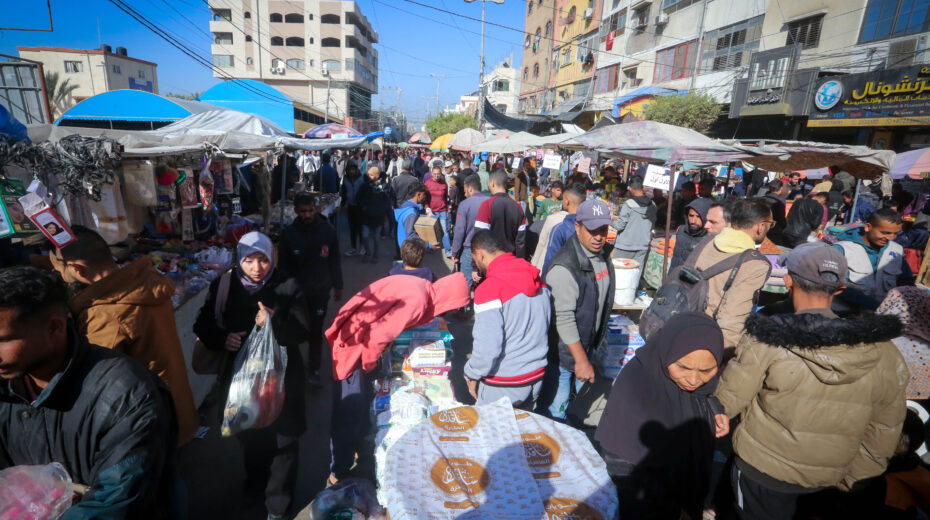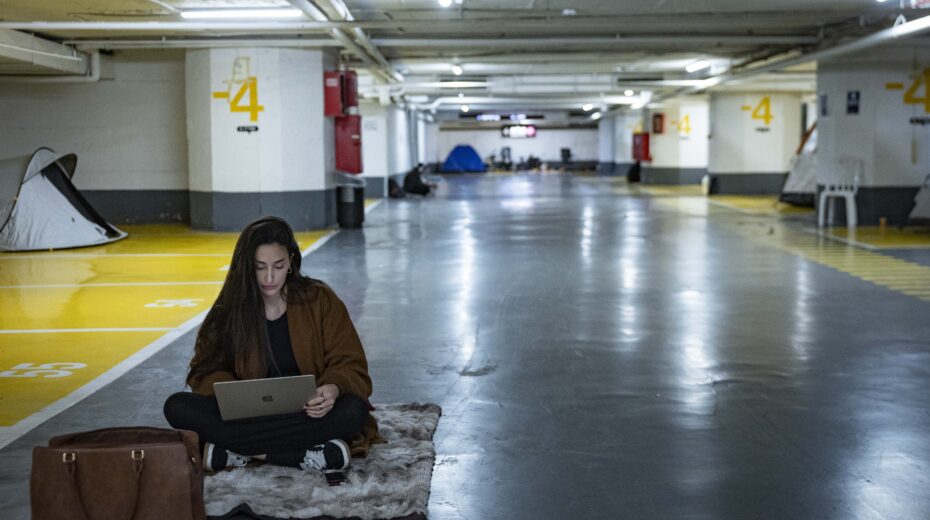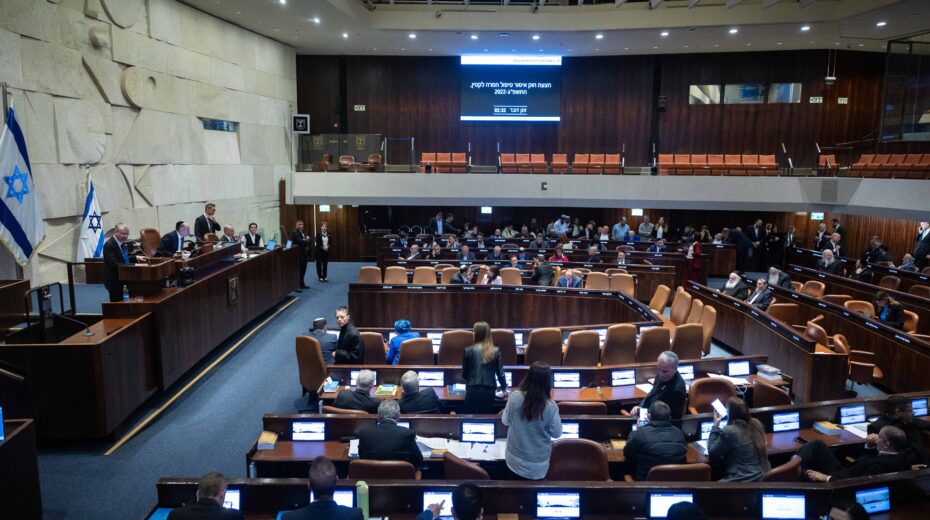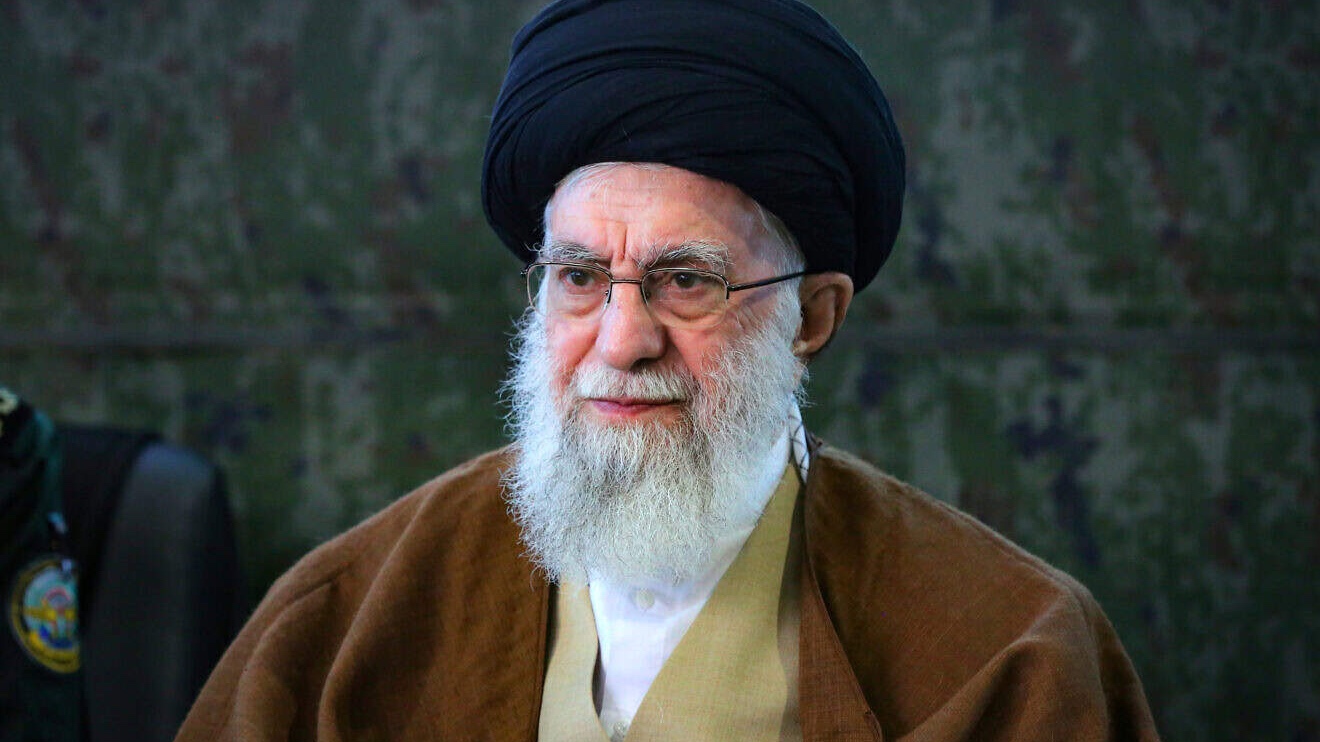A poll conducted by the Awrad Institute in Ramallah among 704 Palestinians – 421 from the so-called West Bank and 283 from the Gaza Strip – between November 27 and December 2 shows clear changes in the political landscape of the Palestinian territories. The results show a drop in support for Hamas in favor of Fatah, as well as clear opinions on future political solutions.
In the Gaza Strip, only 6% of respondents say they support Hamas, while 43% prefer Fatah. In the so-called West Bank, Fatah is also ahead with 31%, ahead of Hamas, which has 16% there. These figures reflect a clear loss of political support for Hamas even in its core area, the Gaza Strip.
A key finding of the survey is the continued strong support for the two-state solution. Overall, 61% of Palestinians support this option, with support in the Gaza Strip at 74% significantly higher than in the so-called West Bank, where 52% support it. This indicates a broader desire for a long-term political solution.
Regarding the administration of the Gaza Strip after the current conflict, 47% of respondents support the formation of a national unity government comprising both Fatah and Hamas. 18% prefer sole administration by the Palestinian Authority, while 17% support continued Hamas rule.
Another finding of the survey concerns the expected duration of the Israeli military presence in the Gaza Strip. 43% of respondents expect it to last only a few months or less. This assessment reflects the hope of many Palestinians that the situation will return to normal soon.
In a hypothetical presidential race between three prominent Palestinian politicians, Marwan Barghouti, a former Tanzim leader serving five life sentences, is clearly ahead with 45 percent of the vote. Mustafa Barghouti, a well-known doctor and politician, receives 22%, while Khaled Maschal, a leading Hamas representative, receives only 10% support. This underscores the waning popularity of Hamas and the continued importance of Marwan Barghouti as a central figure in Palestinian politics.
The assessments of international politics are also interesting. 70 percent of respondents believe that the re-election of Donald Trump as US president could have a positive effect on efforts to achieve a ceasefire in the Gaza Strip. This assessment shows the desire for international influence even by actors who are traditionally perceived as pro-Israeli.
Despite the clear trends, the experts urge caution in interpreting the poll results. Previous studies have shown that poll data, especially in the Gaza Strip, is susceptible to manipulation.
In summary, the survey shows a political shift in favor of Fatah and against Hamas, a continued strong desire for a two-state solution, and an overwhelming hope for stability and unity. However, the actual implementation of these desires faces major challenges given the complex political and military realities.














